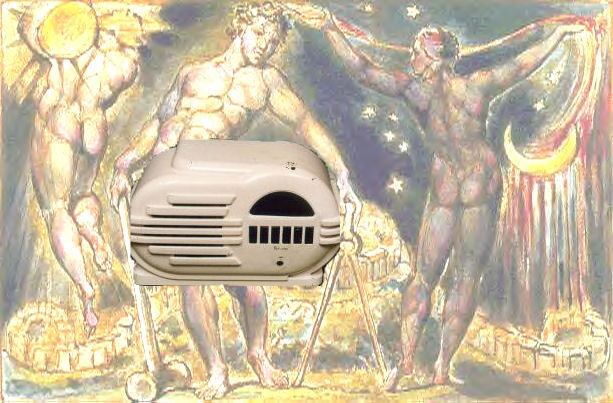Daniel Herwitz, Screening The I' of the Camera - short excerpt
|
In a series of essays written in the 1970s and 1980s
and recast into The I' of the Camera, William Rothman wishes
to recover the camera's I': that is, its capacity for being a
subjective eye, one whose seeing is connected to a mind, to a
subjectivity that articulates, He wishes to recover the camera's depth of focus and capacity for acknowledgment from the panoptic and condescending gaze of 1970s screen theory, a gaze which literally flattens out the camera's images into the one-dimensional substrate of a mirror. Writing in ideological opposition to Renoir, Bazin, Welles and Toland, the great introducers and proponents of a humanistic camera whose deep focus can capture the human, screen theory, imported from structuralist France and distilled in Marxist England, had proclaimed that the very cinematic apparatus itself is tainted as an apparatus of fantasy and thus at best tottering in its capability of revealing the world and our place in it.<1> By its very nature the reality principle is cast in doubt
by the apparatus of the camera according to screen theory. For
a film is by its nature a projection of aestheticized images
in light onto the film screen that are gazed at in varying degrees
of rapture and absorption by the spectator who is thereby placed
in the position of reenacting, according to screen theory, Lacan's
mirror phase, in which the young child misrecognizes herself
in the mirror and takes herself to be as whole as the mirror
seems to show her to be. In a vast oversimplification of Lacan's
ideas (Lacan being a psychoanalyst believed that most symbol
systems are negotiations between the forces of regressive fantasy
on the one hand and of the reality principle on the other), screen
theory refused the idea that film could acknowledge the world
in anything more than the shakiest way, since whatever attempts
at acknowledgment it might make would be undercut by its placement
of the spectator in a position of regressive fantasy and misrecognition.
The eye of the camera its capacity to see, know, acknowledge
and identify the world it projects is reduced to little but the
eye of the regressive spectator who takes pleasure in a film's
fantasy of wholeness. Most importantly for Rothman's own project,
this eye of the camera must, according to the inexorable logic
of screen theory, conceal itself in a coup of black magic. No
trace of artifice or self-declaration by the camera can be evident
to the viewer, on pain of shattering his or her illusion that
the world screened in front of him or her is as natural as the
viewer's own reflection is when it appears in the crystal clear
waters of a still-moving lake. ........................................................................... Rothman may respond by stating that film acknowledges this
fact by declaring its own relationship to this showing, its points
of view and capacities for intrusion, scopophilia, fantasy and
defacement and in the best psychoanalytical sense, attempts to
work through its own power over what it shows and the viewer
to whom it shows it above all, Hitchcock. Rothman knows very
well that the camera can lie, can shame, can overwhelm, can disfigure
and can deform, and he also knows that the camera can and sometimes
does know this about itself. The camera is, in short, a full
correlate of a human subject, its identity or "I-ness"
involves the kind of capacity for self-reflection and for working
through that the human being has. For the camera is invested
with the |
|
|



